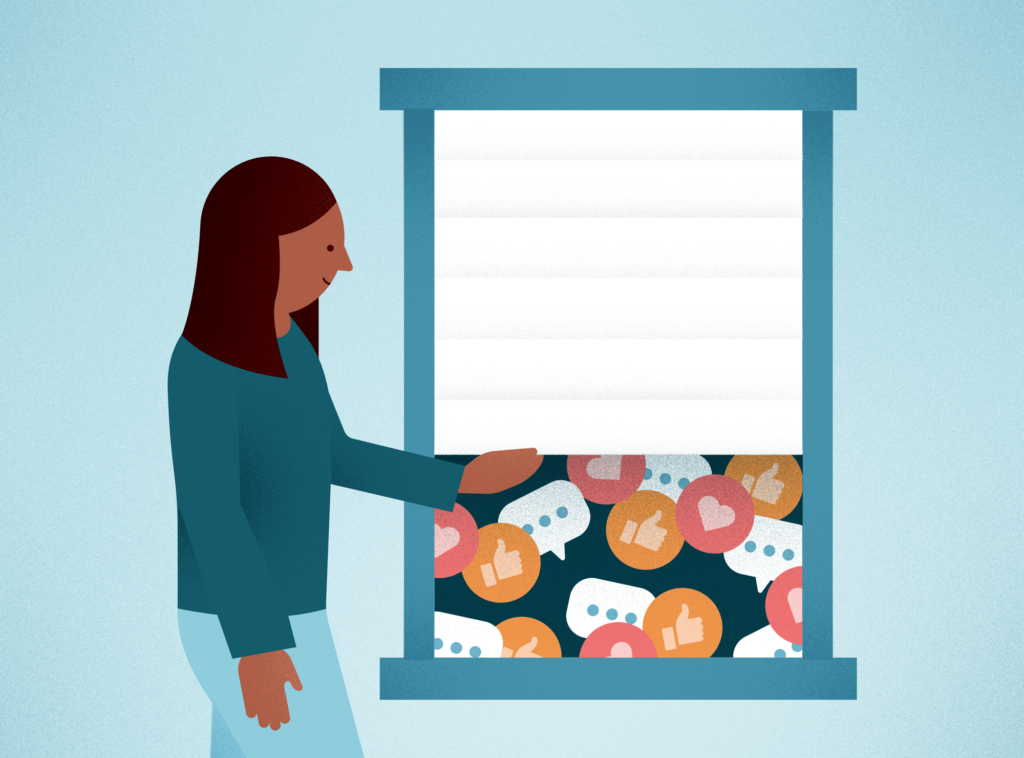
Today, I’ve asked Jean M. Twenge to share her Tip of the Week.
“Dad, can I text my friends on your phone?” asked our 12-year-old for what seemed like the hundredth time. We had resisted getting our daughter her own cell phone, but now that we were moving—to a house a mile from the closest bus stop—it was time.
Then came the more difficult part: We had to decide what we would allow her to do on her phone. Are some types of screen time worse than others?
A few years ago, my colleagues and I tried to answer that question. After analyzing data from 11,000 teens, we found that general internet use and social media were more strongly linked to depression than playing games or watching videos was.
In other words, not all screen time is created equal. That makes the job of parents a little easier: You don’t have to cut your child off from technology completely. Playing video games with friends, for example, allows kids to interact with each other and is fine as long as it’s kept to a few hours a day or less.
Instead, focus on postponing or limiting social media, with all of its pressures, comparisons, and addictive algorithms. Under the 1998 law known as COPPA, children are not allowed to have a social media account until they are 13 years old. Because social media apps were designed for adults, not young teens, it might be even better to postpone social media use until age 16 or later.
For our 12-year-old, we ended up getting a Gabb phone, which allows texts and calls but no internet or social media. Our goal is not to keep our children from screens, but to be thoughtful about managing their exposure.
Don’t assume that all screen time is created equal.
Do restrict kids and teens’ access to social media, especially TikTok, Snapchat, and Instagram. Consider limiting older teens’ use of social media by using parental control settings, and make sure their phones aren’t in their bedroom overnight. If their friends want to know why they didn’t comment on their Instagram post at 2 a.m., your well-rested and happier teen can blame mom or dad.
With understanding and gratitude,
Jean
Jean M. Twenge, a professor of psychology at San Diego State University, is the author of seven books, including iGen and the forthcoming Generations.
